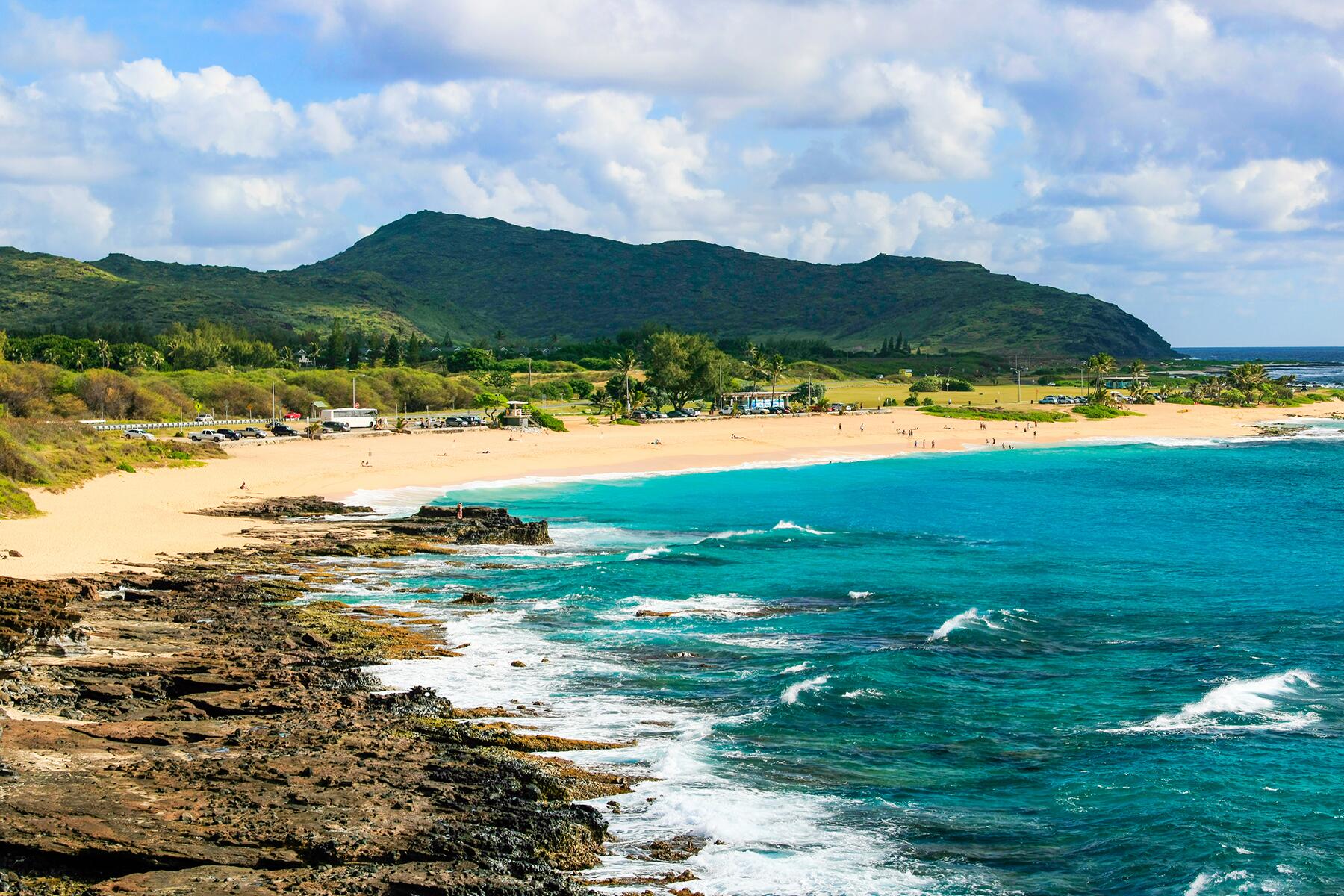Here’s the thing: By doing this you may not only harm yourself—you can kill the animals.
A video that’s making the rounds on Reddit this week shows a tourist picking up an octopus in Australia. What’s wrong with that? Well, for starters, one sting from this octopus could’ve resulted in that tourist’s demise. The creature, a blue-ringed octopus, is known as one of the most poisonous animals in the ocean. The amount of venom it carries could kill 26 adult humans in a matter of minutes. This is not the first time a visitor’s encounter with wildlife sparked controversy. Not by a long shot.
Other Recorded Instances Where Wildlife Should Not Have Been Touched
Equally upsetting, a man and his son visiting Yellowstone National Park in 2016 put a baby bison in the back of their car in an attempt to shield it from the cold. While the man was fined (and received probation), the animal was actually put down. Why? After park rangers repeatedly attempted to reunite the calf with its herd, the animal was consistently rejected by the other animals because of the smell it had attained after its encounter with the humans. Eventually, the calf became a risk as it continued to approach park-goers’ vehicles. It was later euthanized.

That same year, a Franciscan dolphin (an endangered species), died on a beach near the resort Santa Teresita in Argentina when a swarm of people grabbed it out of the surf and proceeded to pass it around while taking selfies (although people can be heard in a recorded video of the event saying, “Take it to the water”).
Recommended Fodor’s Video
“The occasion serves to inform the public about the urgent need to return these dolphins to the sea before the encounter with one on the shore,” said Argentina’s World Wildlife Fund in a statement via The Guardian.

Seahorses are another marine animal affected by such actions. Research conducted by Phys.org found that scuba-diving photographers who touched seahorses during their excursions resulted in startling movements from the creatures. For slow-moving animals like seahorses, this takes a huge amount of energy out of them and, as they need to search for food constantly due to their basic digestive systems, the movements could result in malnutrition and stress.
What You Should Do When You Encounter Wildlife
When spotted by themselves in the wild, young animals should be left alone because their mothers are probably off looking for food nearby. The U.S. Fish & Wildlife Service says it is “usually illegal” to capture or keep any wildlife.
“Young wildlife usually are not orphaned, even if a parent can’t be seen,” reads their website. While animals sometimes do need assistance—if a limb is broken or they are tangled in some sort of object, for example—and this is visibly clear, a licensed wildlife rehabilitator should be contacted. Wildlife (such as the above-mentioned blue-ringed octopus) can also be dangerous, and attempting to touch or keep them as pets is absolutely inappropriate. Be sure to keep your distance as well. Last June, a woman was gored at Yellowstone National Park after she joined a crowd of visitors who got too close to a bison, provoking it to charge. The National Park Service advises park goers to stay at least 25 yards from most wildlife and 100 yards from larger wildlife like bears. The bottom line is that if you’re a tourist and you spot a creature in the wild, refrain from picking it up unless you are with an expert. Also, be as mindful of the animal’s surroundings as possible.




